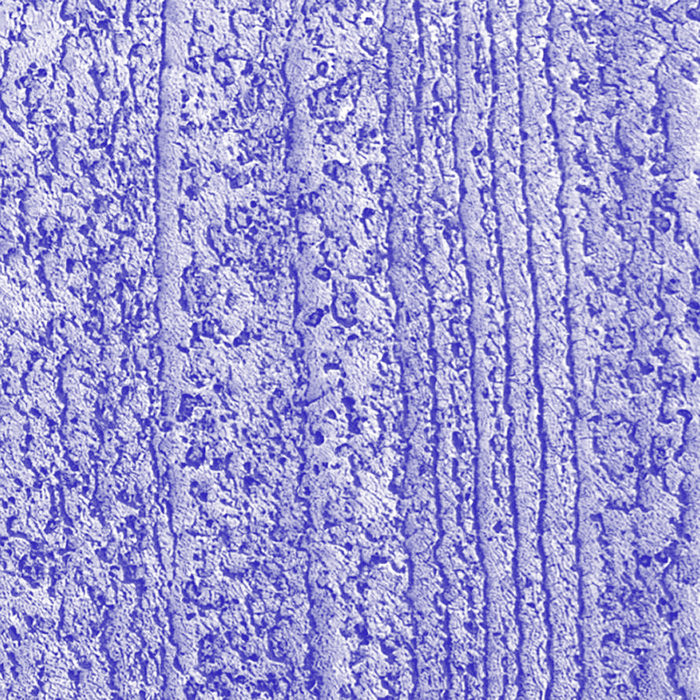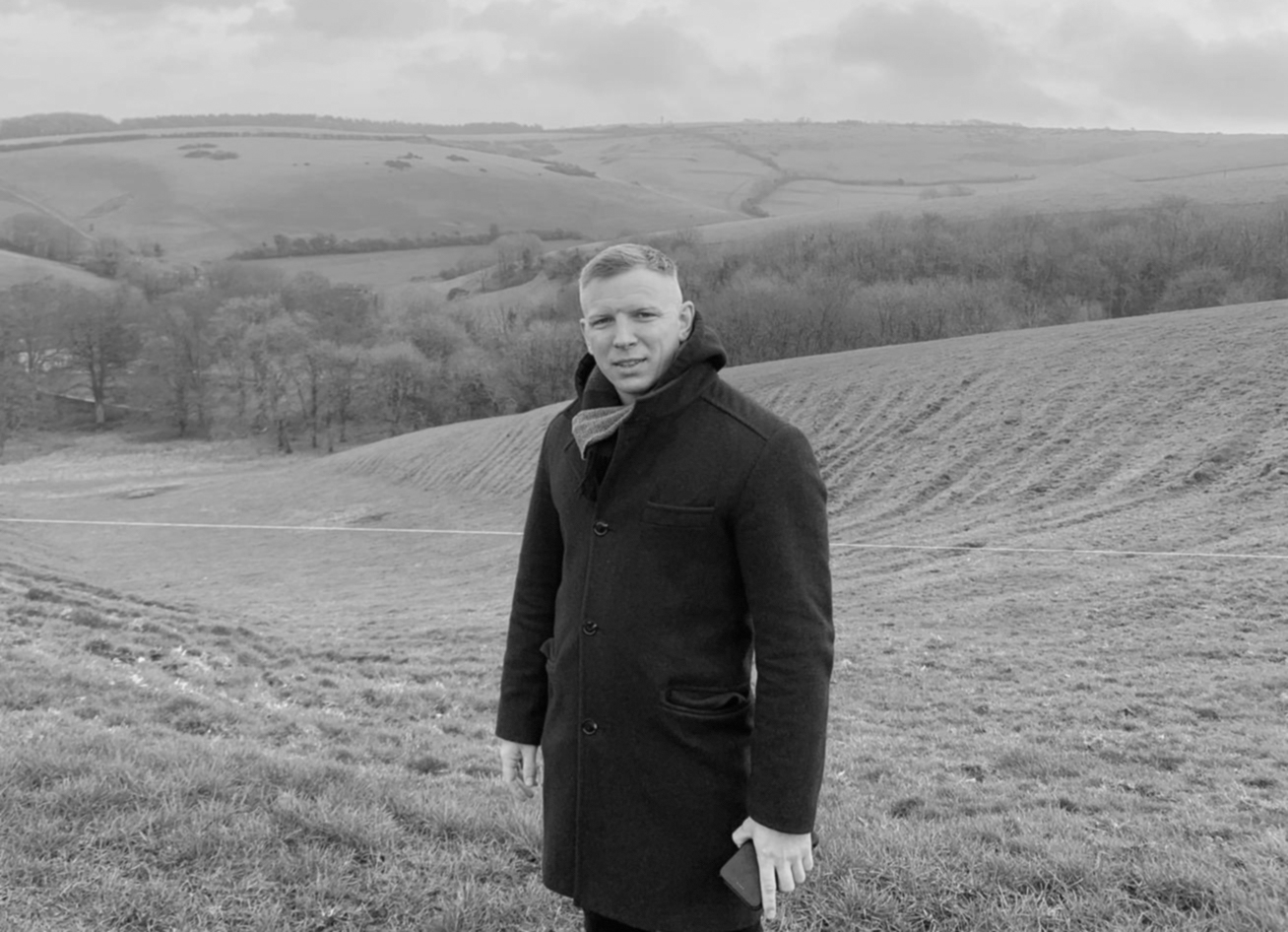An experiment in highly restricted and minimalist synthesis, quasi-ritualistic repetition of sounds and phrases break down and reappear as Scrape proceeds, a landscape of sound materializing. Scrape is as influenced as by the risks and pleasures of communicative austerity in literature, such as in Samuel Beckett’s late texts (especially ‘Lessness’, a text where Beckett purposefully banishes sound; the phrase ‘no sound’ employed eighteen times, and none of his words permitting any obvious phonaesthesia or onomatopoeia), as it is by the works of composers such as Iannis Xenakis, Luigi Nono, and Pierluigi Billone. Inverting Beckett’s approach in ‘Lessness’, even the word of the title, ‘scrape’, is positioned in phonaesthetic contrast to the music’s subtly punctuated gliding waves of synthesis, bringing to mind sounds that are not heard but might be made resonant precisely by their sonic absence.
“He will go on his back face to the sky open again over him the ruins the sand the endlessness.” — Samuel Beckett, ‘Lessness’


